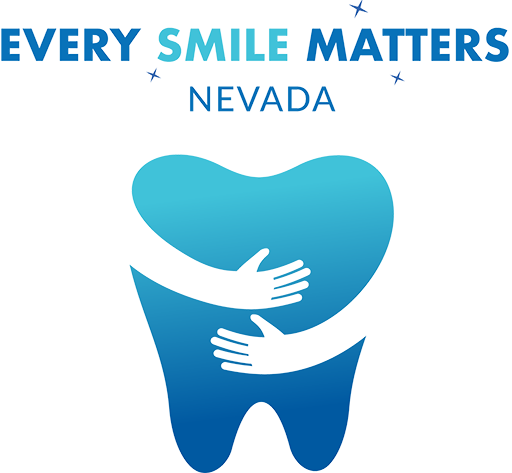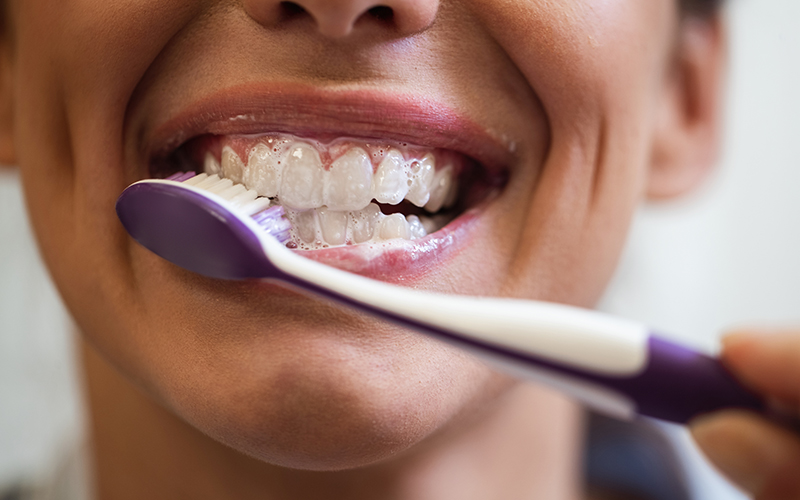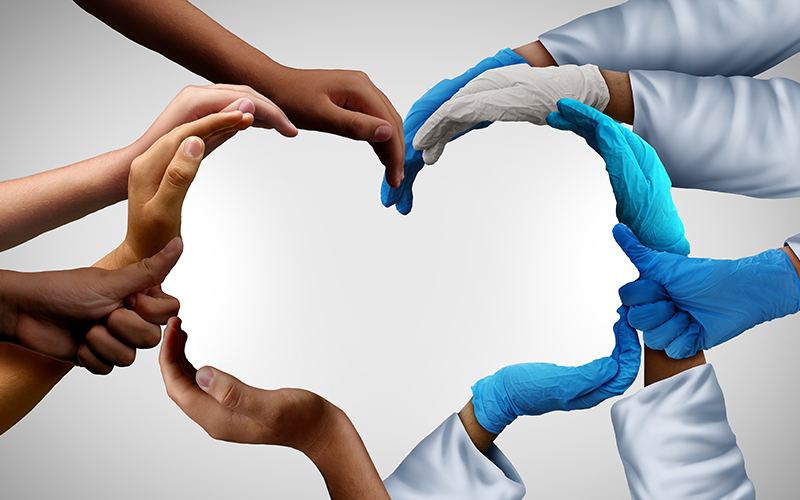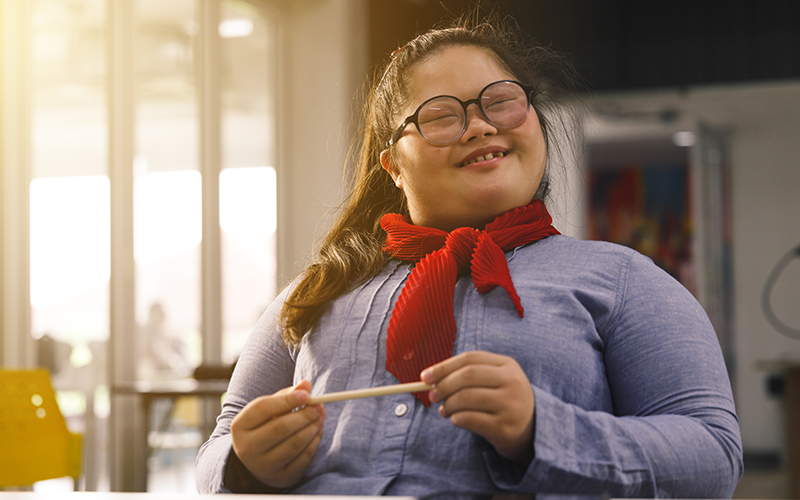Caregiver Voices
Diane Thorkildson, Parent/Disability Advocate
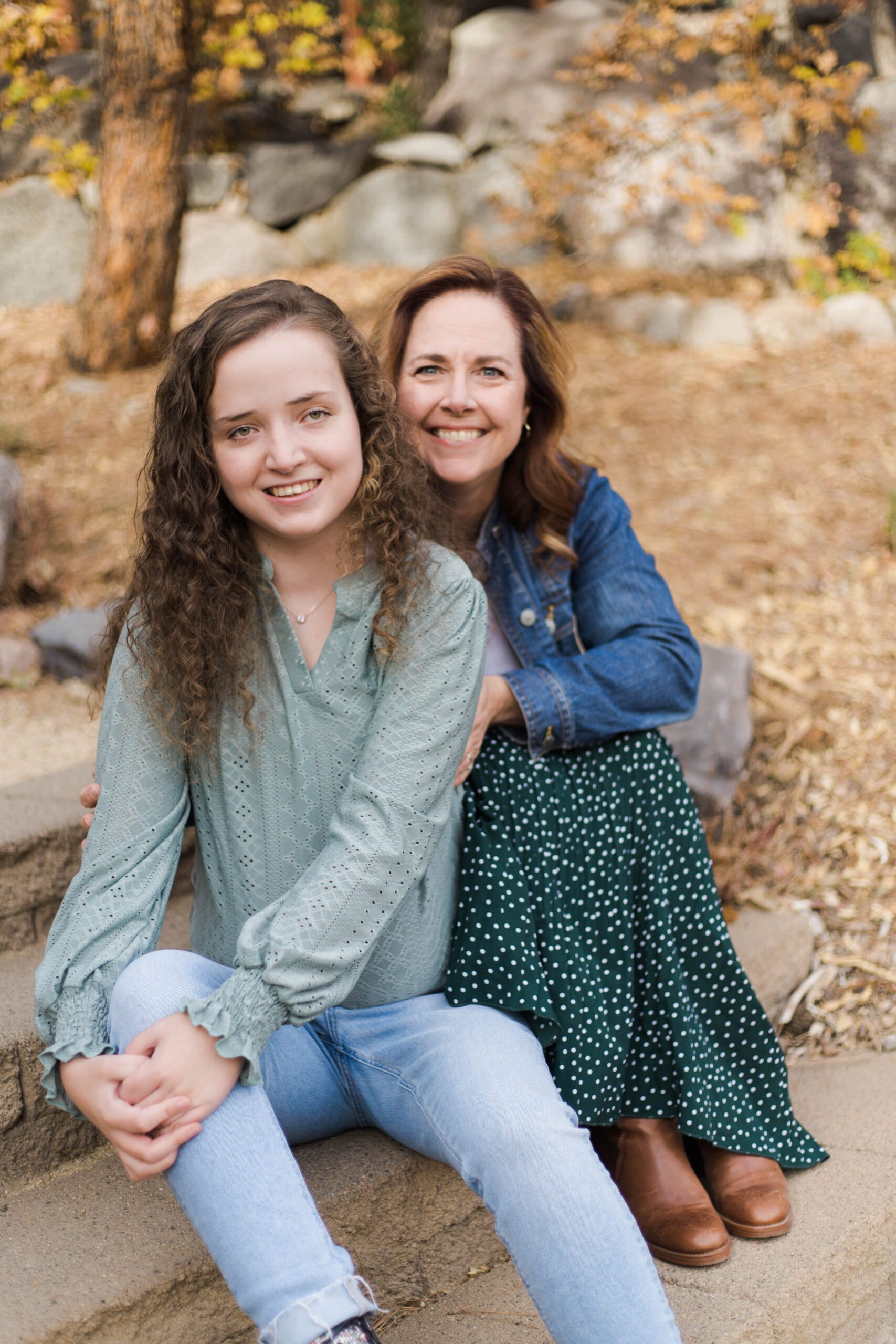
My daughter is in a minority amongst people with intellectual and developmental disabilities (IDD) in that she has rarely struggled at the dentist office. Granted, the dental chair isn’t her favorite place to be, but she has been able to tolerate routine cleanings, orthodontics, and basic restorative care without much stress and anxiety. Quite frankly, I believe that my daughter’s comfort with dental care is a direct result of being able to access a disability-informed practice with providers who actively worked to ease any fears/anxieties/sensory overload my daughter might have experienced. She has been a patient with the practice since her first check-up as a toddler and remains a patient as she transitions to young adulthood.
I acknowledge that the access my daughter has to disability-informed care is not a privilege afforded to most people with IDD, as barriers to accessing such care are numerous. Research data and anecdotal information clearly indicate that people with IDD often find dental care very aversive and struggle to maintain emotional and behavioral control when receiving dental services. This challenge, coupled with the fact that dental practitioners receive little to no formal training related to serving people with disabilities, results in a system ill-equipped to meet the needs of these vulnerable patients. Additionally, publicly funded medical insurance programs often provide coverage for only crisis level interventions, such as extractions, and do not provide coverage for preventative services like routine cleanings. Not only does this coverage failure leave people with IDD at greater risk for developing dental disease and related health conditions, but it also results in people with IDD associating the dentist with pain and discomfort—thus continuing the cycle of avoidance of dental services.
I am encouraged to see that Nevada is taking a proactive step to address the oral health needs of people with IDD.
I believe that access to healthcare, including oral healthcare, is a right that should be afforded to every Nevadan, regardless of disability and/or insurance coverage status.
-Diane
Cyndy Gustafson, Parent/Disability Advocate
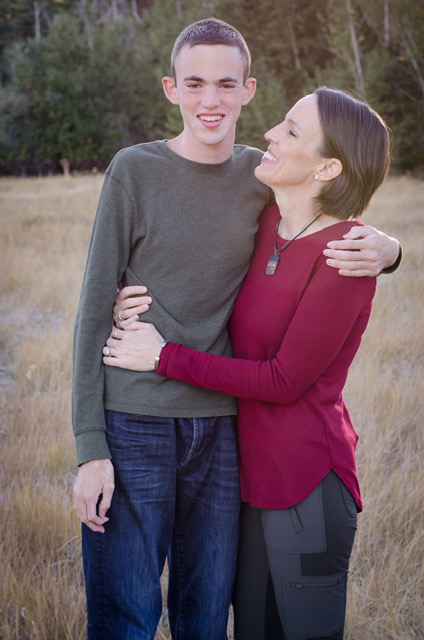
Going to the dentist was always incredibly stressful for my son AJ, who has intellectual disabilities. He would get so scared when he was little, and would struggle to comply with the dentist’s requests to keep his mouth open, or let them clean his teeth with the instruments. I struggled to brush and floss his teeth too, and always felt like I wasn’t doing it well enough because his sensory issues made it so hard to do. When I found adaptive toothbrushes, extra soft bristle and wrap around toothbrushes, things got a little easier and we made more progress. It also made a world of difference when we found a special needs dentist when we lived in Las Vegas that was trained, experienced and patient with AJ. He started to love the dentist and look forward to the visits! Dr. Ashely Hoban changed our lives, and showed me what an impact a dentist who was trained and so willing to work with AJ could make on our lives, not just on AJ’s oral health but on the way I felt as his mother.
At 15 AJ had to have a root canal, and we were living in Reno by then, but had to travel to University Medical Center Hospital in Las Vegas to have the work done, since he had to be put under anesthesia and we could not find an OR option in Reno. I was an absolute nervous wreck taking him there, but the compassionate, patient, kind and quality care we received at UMC was amazing, and I am so grateful we were able to access that level of care for AJ. That experience, and the incredible care we received for AJ at the Smile Shop here in Reno, where they too are patient, funny, generous and kind to AJ has made me an advocate for increased awareness of the resources in the communities across Nevada that we have for people with ID/DD, including general and special needs dentists, but also the massive gaps in services and care.
While my son was lucky to have found providers, and to be able to access them, so many individuals with ID/DD and their caregivers cannot find a dentist who has the capacity or training to treat their loved one, or cannot access hospital care or sedation due to long wait times, lack of operating room capacity, insurance denials, or lack of insurance. Additionally, because Medicaid in Nevada has traditionally only paid for emergency extractions and dentures for adults, when I attend programs in the community with AJ and his adult peers with disabilities, I see so many adults with ID/DD who are missing teeth, or do not have access to regular dental care. We are only one of 7 states across the country that has emergency only care for those over 21 years old, and as a special needs Mom and disability advocate, I am thrilled to be part of Every Smile Matters, and the expansion of dental services to adults with ID/DD on Medicaid for the next year.
Investing in our ID/DD population is deeply personal, and to every one of us who loves someone with a disability, it is priceless.
-Cyndy
Real Voices
Caregiver Voices
Provider Voices
Leaders/Community Advocate Voices
Contact Us
